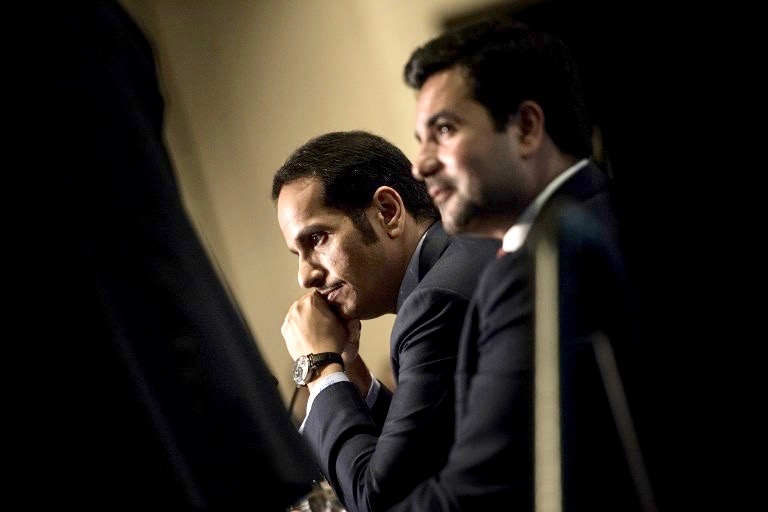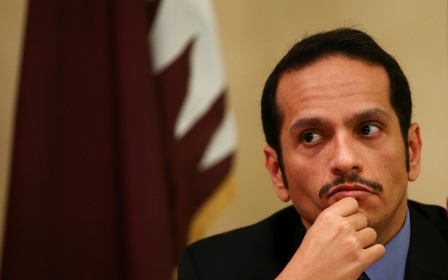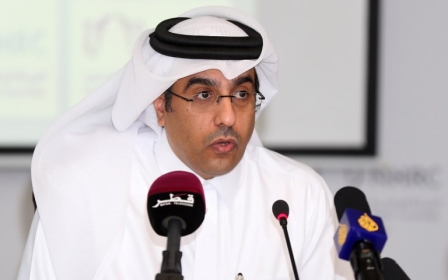Saudi blockade demands were 'made to be rejected', says Qatar

Qatar said on Saturday that a series of demands made by several Gulf states to lift a crippling blockade were designed to be spurned and clearly aimed at infringing its sovereignty.
"This list of demands is made to be rejected," Qatar's foreign minister, Sheikh Mohammed bin Abdulrahman al-Thani, said, referring to 13 demands placed on Doha by Saudi Arabia and its allies as the price for lifting an almost month-long "blockade" on Qatar.
Qatar said it had received the demands on 22 June with just 10 days to meet them, which would mean they would have until Sunday to comply. However, the deadline has not been confirmed. He added that Doha was still ready to sit down and discuss the grievances raised by its neighbours.
"Everyone is aware that these demands are meant to infringe the sovereignty of the state of Qatar," al-Thani said at a news conference in Rome after meeting his Italian counterpart.
Saudi Arabia, the United Arab Emirates, Bahrain and Egypt announced earlier this month the suspension of all ties to Qatar. They accused it of state support for extremist groups and denounced its political proximity to Shia Iran.
Qatar denies the allegations.
Saudia Arabia closed its airspace to Qatari carriers and blocked the emirate's only land border, a vital route for its food imports.
Qatar has said the effects are more devastating than the Berlin Wall.
Devastating effects
Riyadh's demands include ending Doha's support for the Muslim Brotherhood, the closure of Al-Jazeera television, a downgrade of diplomatic ties with Iran and the shutdown of a Turkish military base in the emirate.
The United Arab Emirates has warned Qatar should take the demands seriously or face "divorce" from its Gulf neighbours.
Italian Foreign Minister Angelino Alfano said the government was ready "to contribute to any initiative aimed primarily at restoring dialogue and easing tensions between those involved".
Rome also pleaded for the five countries "to refrain from any further action that could aggravate the situation".
Asked if he feared any military moves, al-Thani said his country was not afraid but believed that wisdom would prevail.
"International law should not be violated, and there is a border which should not be crossed," he said.
Al-Thani spoke after arriving from the United States. Washington is helping Kuwait, which has retained ties with Qatar, to mediate in the dispute.
Speaking to Reuters on the sidelines of the news conference, he said that the demand by the Arab states that Qatar close the Turkish air base was "out of the question".
NATO ally Turkey and Iran have backed Qatar in the dispute.
"We are not going to retreat from any agreement we have already signed. We really appreciate the relationship we have with Turkey," he said.
He also told the news conference Qatar would not shut down Al-Jazeera, saying other Arab countries could start their own competing network if they wanted to.
Middle East Eye propose une couverture et une analyse indépendantes et incomparables du Moyen-Orient, de l’Afrique du Nord et d’autres régions du monde. Pour en savoir plus sur la reprise de ce contenu et les frais qui s’appliquent, veuillez remplir ce formulaire [en anglais]. Pour en savoir plus sur MEE, cliquez ici [en anglais].




